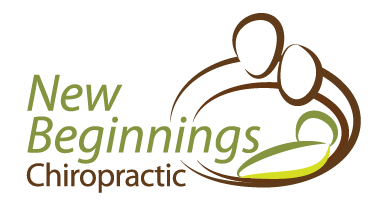When you’re expecting a baby there are numerous decisions that need to be made: everything from diapers to working outside of the home. Right up there at the top of that list is: are you going to breastfeed your baby or not and, if so, for how long?
Abundant Benefits
Every year more scientific evidence is gathered to prove what many people already know: a mother’s milk is the best food for her baby. In February of 2005, the American Academy of Pediatrics issued its most aggressive statement to date urging mothers to breastfeed for at least a year and “as long as mutually desired”. Mother’s milk alone provides all of the nutrients necessary for a baby’s physical and mental development for at least six months, with the added benefit of natural immunity against numerous diseases.
For instance, studies have proven that breastfed babies experience fewer incidents of the following:
· Ear Infections
· Colds and Upper Respiratory Infections
· Allergies and Asthma
· Diarrhea or Gastrointestinal Disease
· Childhood Lymphoma
· Sudden Infant Death Syndrome
The facts are in: the breastfed child has a stronger immune system, leading to an overall healthier and happier child.
Of course, it’s not just better for baby, Mom benefits as well with the following:
· Decreased risk of breast cancer
· Easier recovery from delivery
· Financial savings
Yes, the mother that breastfeeds saves her family an estimated $1000 per year in medical bills along with $1500 per year that isn’t being spent on formula.
Breastfeeding should not be painful as this is a sure sign that the baby has not properly latched on. This is not an uncommon problem since, although nursing is instinctive, how to latch on is not and may require a little time and patience during the first few attempts. If breastfeeding is still painful after multiple attempts to properly latch, take a moment to speak with your Chiropractor or a lactation specialist. When a child cannot fully move their neck it makes it hard to nurse. The presence of tongue or lip ties may also impede the nursing infant. Dr. Thompson exclusively breastfed bother her children and has extensive knowledge and training in both of these areas.
The Chiropractic Factor
Dr Thompson is supportive of breastfeeding and wants you and your baby to succeed. A newborn that can’t latch, refuses to suck, clamps down too fast or is not maintaining an open mouth may be suffering from an upper cervical subluxation and should be evaluated. If your newborn is manifesting any of these symptoms please contact Dr. Thompson to schedule a pediatric chiropractic screening
